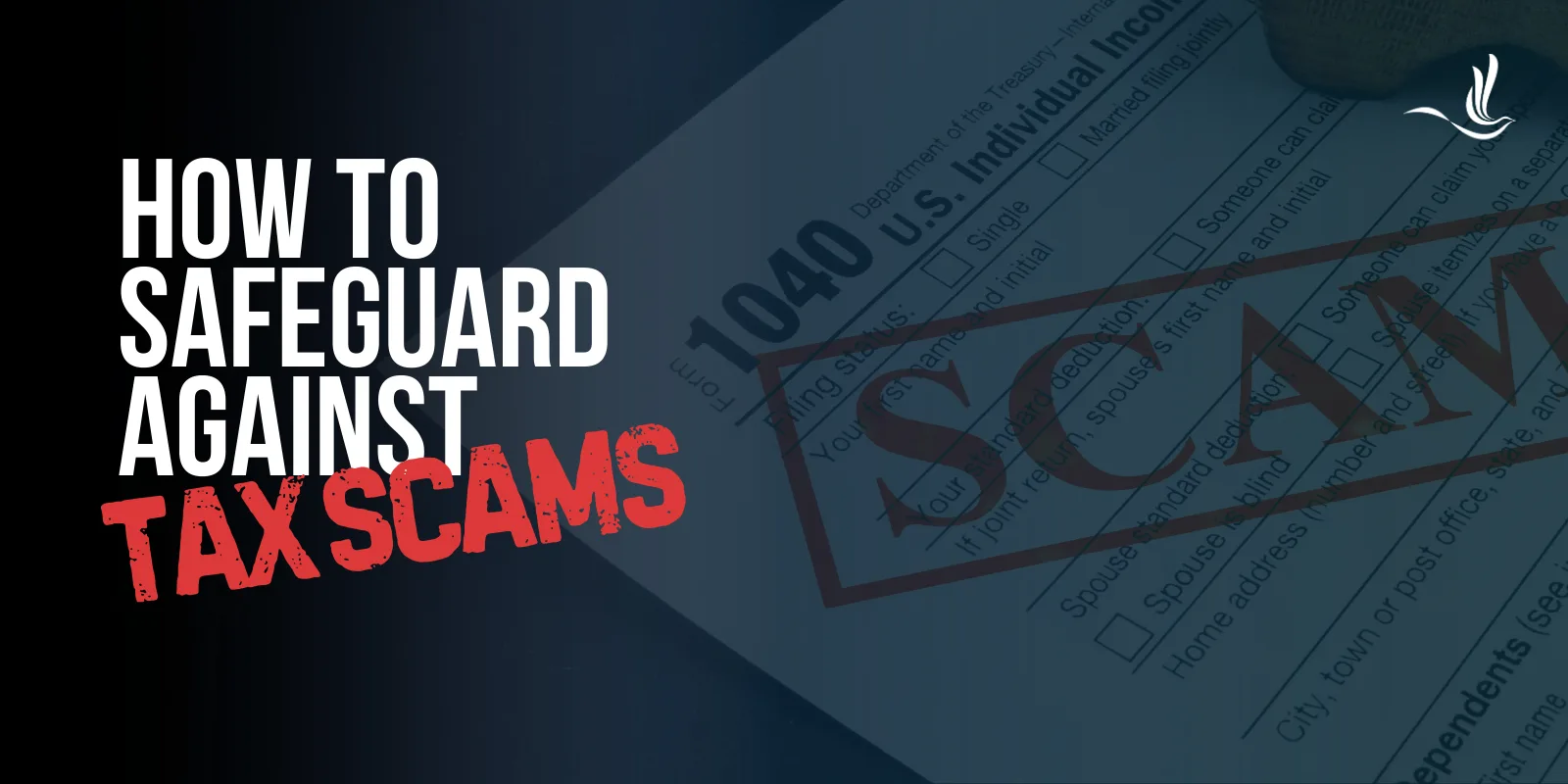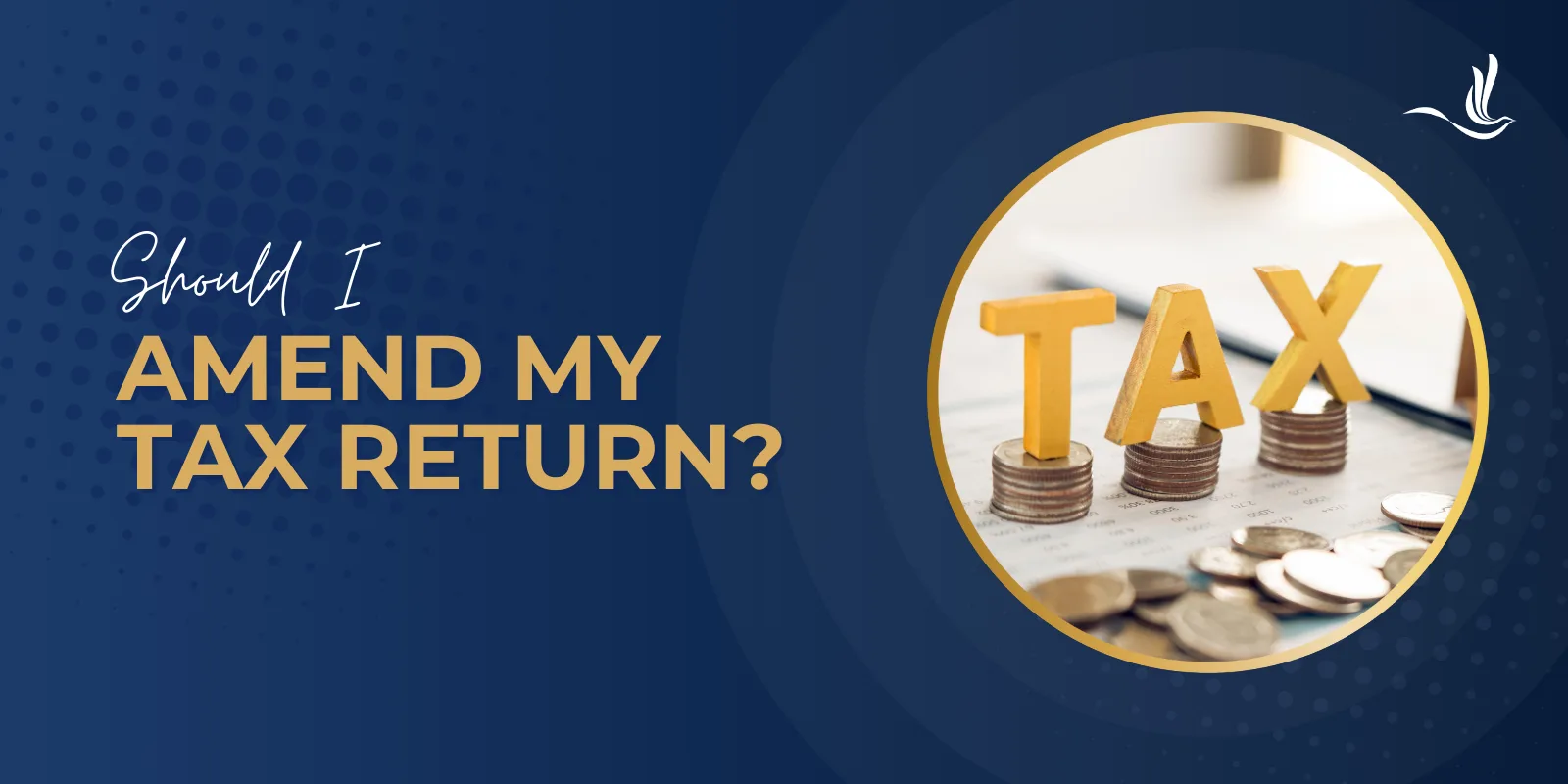Tax season brings heightened anxiety for many taxpayers, and scammers are ready to take advantage of that stress. Each year, thousands of individuals fall victim to tax-related scams, leading to financial loss and stolen personal information. The IRS continuously warns the public about these fraudulent activities, but criminals continue to evolve their tactics. Understanding how these scams work and learning effective strategies to protect yourself can prevent financial harm and identity theft.
Common Types of Tax Scams
Tax scams come in various forms, each designed to deceive taxpayers into providing sensitive information or making fraudulent payments. Knowing the most common scams can help you recognize and avoid them.
Bad Social Media Advice
Social media platforms have become breeding grounds for misleading tax advice. Fraudsters post tips that encourage taxpayers to claim false deductions, misuse tax credits, or even file returns using fake dependents. Some users unknowingly follow these tips, only to face IRS audits and penalties. One example involved a viral post advising taxpayers to claim household pets as dependents, which is illegal. The IRS actively monitors social media for these scams and warns taxpayers against following unverified tax advice.
Fake Charities
Scammers exploit people’s generosity by setting up fake charities that claim to offer tax-deductible contributions. During natural disasters or crises, fraudulent organizations solicit donations and provide fake receipts for tax deductions. Taxpayers who donate to these sham charities not only lose their money but may also face IRS scrutiny if they claim deductions for illegitimate donations. Verifying a charity’s tax-exempt status through the IRS’s Tax Exempt Organization Search tool can help prevent fraud.
Phone and Email Scams
Scammers frequently impersonate IRS agents over the phone or via email, demanding immediate payment for alleged unpaid taxes. They use aggressive language, threaten arrest, or claim that the taxpayer’s assets will be frozen. These calls often originate from spoofed numbers that appear legitimate on caller ID. A well-documented case involved criminals pretending to be IRS officials who called thousands of individuals and extracted millions of dollars by instilling fear. The IRS has confirmed that it never demands immediate payment over the phone or through email and does not threaten law enforcement action.
Phony Tax Credits
Some scammers encourage taxpayers to claim fraudulent tax credits, such as the Fuel Tax Credit or the Earned Income Tax Credit, even when they do not qualify. Fraudulent tax preparers often promise large refunds by manipulating tax returns, but taxpayers are ultimately responsible for any inaccuracies. A common example is the improper claiming of education credits for students who were never enrolled. The IRS audits tax returns that show suspicious credit claims, leading to penalties for those who participate in these schemes.
Deceitful Tax Professionals Promising Large Refunds or Offers in Compromise
Not all tax preparers are ethical. Some deceitful tax professionals lure clients by promising unusually large refunds or guaranteed IRS settlements through the Offer in Compromise program. They may charge exorbitant fees upfront and then file inaccurate returns, leaving taxpayers liable for unpaid taxes, penalties, and audits. In one case, a fraudulent preparer submitted exaggerated deductions, resulting in clients owing thousands in back taxes. To avoid this scam, taxpayers should verify a preparer’s credentials, check for an IRS Preparer Tax Identification Number (PTIN), and review their returns before submission.
Red Flags to Watch For
Many tax scams share common warning signs. The IRS never contacts taxpayers via phone, email, or social media to demand immediate payment. Any message claiming otherwise is a scam. Scammers frequently request payment via unconventional methods such as gift cards, wire transfers, or cryptocurrency, none of which are accepted by the IRS. Threats of arrest, deportation, or asset seizure for unpaid taxes are tactics used to pressure victims into compliance. Emails or messages containing suspicious links requesting personal information should always be treated with caution. Verifying any IRS-related communication through official channels is essential for avoiding fraud.
How to Protect Yourself
Taking proactive steps to protect your personal and financial information can significantly reduce your risk of falling victim to tax scams.
Verify IRS Communications
If contacted by someone claiming to be from the IRS, verifying the legitimacy of the communication is crucial. The IRS typically initiates contact via mail. Any unexpected call or email should be independently verified by contacting the IRS directly through their official website or phone number.
Safeguard Personal Information
Protecting sensitive information can prevent tax-related fraud. Using strong, unique passwords for tax filing accounts and enabling multi-factor authentication reduces the risk of unauthorized access. Personal information should never be shared over email or phone unless the recipient’s legitimacy has been confirmed. Shredding financial documents and securing Social Security numbers also minimizes exposure to potential identity theft.
File Early
Filing a tax return early in the season decreases the likelihood of identity theft. If a scammer attempts to file a return using stolen information, a taxpayer who has already filed their legitimate return is protected. Early filing ensures that fraudulent attempts are blocked before they can cause harm.
Use Trusted Tax Preparers
Taxpayers should research and verify tax preparers before entrusting them with financial information. A preparer should have a valid PTIN and ideally be a certified public accountant (CPA), enrolled agent (EA), or tax attorney. Checking online reviews, asking for referrals, and verifying credentials through the IRS directory can prevent falling victim to unscrupulous preparers.
Monitor Financial Accounts
Regularly reviewing bank statements, credit reports, and IRS account activity helps detect unauthorized transactions early. The IRS provides an online account system where taxpayers can check their tax transcripts and ensure no fraudulent returns have been filed in their name. Signing up for identity theft protection services can provide additional security.
What to Do If You Are Targeted
If you become a target of a tax scam, taking immediate action can help minimize potential damage and protect your financial security.
Report Suspicious Activity
If a scam attempt is suspected, reporting it to the proper authorities is essential. The IRS has a dedicated website for reporting phishing emails, fraudulent calls, and identity theft cases. The Federal Trade Commission (FTC) also tracks and investigates scams, and credit bureaus can place fraud alerts on accounts to prevent unauthorized credit activity.
Freeze Credit If Necessary
If identity theft is suspected, placing a credit freeze with major credit bureaus can prevent criminals from opening new accounts in the victim’s name. This is especially important if personal information has been compromised through a scam or data breach.
File an Identity Theft Affidavit
Victims of tax-related identity theft should complete IRS Form 14039, the Identity Theft Affidavit. This form notifies the IRS of fraudulent activity and initiates an investigation. Once filed, taxpayers may receive an Identity Protection PIN (IP PIN), which provides an extra layer of security for future tax filings.
Conclusion
Tax scams are a persistent threat, but awareness and proactive measures can significantly reduce the risk of falling victim. Understanding common scam tactics, recognizing red flags, and taking steps to protect personal information are essential for financial security. Verifying IRS communications, filing early, and using trusted tax preparers can help safeguard against fraud. If targeted, swift action, such as reporting scams and securing credit information, can mitigate potential damage. Staying informed and educating others about tax scams ensures that more people remain protected during tax season and beyond. Optima Tax Relief is the nation’s leading tax resolution firm with over a decade of experience helping taxpayers.
If You Need Tax Help, Contact Us Today for a Free Consultation
Publisher: Source link











